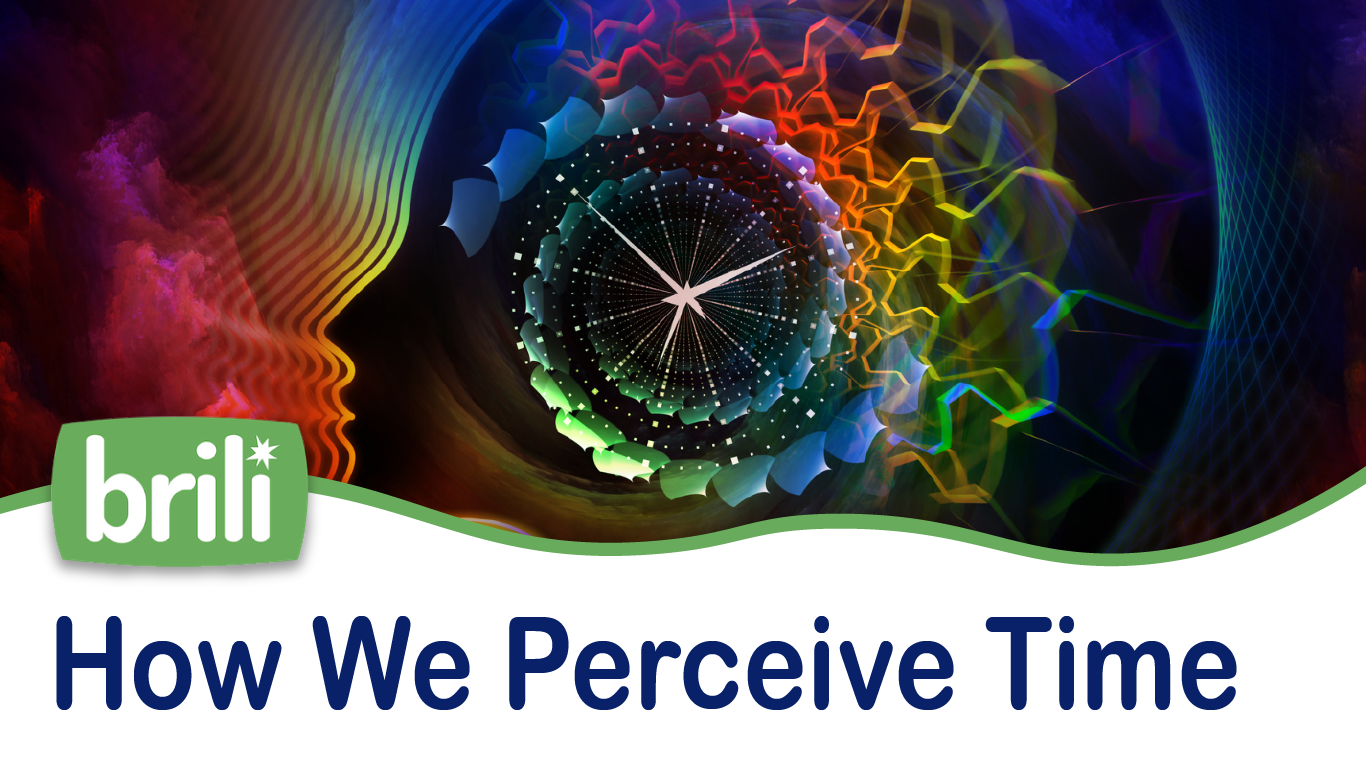Social psychologist and author of "A Geography Of Time" Robert Levine researches the perception of time and the pace of life all across the globe. He encountered enormous differences, depending if we live in big cities or small villages, closely connected to nature or in urban environments, even in different climate zones.
In Western cultures we live at a faster pace.
In this way, we mainly follow "clock time" which is very much based on a "time is money" approach. We might work from 9 to 12, then have a one hour break until 1 p.m. and so on. The clock tells us when activities start and when they end. Therefore, Levine says "Punctuality is the governing principle" in these societies.
In other places of the world, they see time differently.
Some people still live according to the rhythm of the sun and the seasons what Levine calls "nature time". A third way of timely orientation is "event time" where people don't go according to the clock but base their time spent on when events/tasks/activities are mutually agreed to be over or have naturally run their course. Event time is a popular philosophy of time in places like Mexico, Liberia or Trinidad.
"Darle tiempo al tiempo" meaning "Give time to time" is a popular adage in Mexico.
Time seems to be relative to many different combining factors.
The environment in which you find yourself, the culture, the nature of the thoughts you have and context of the conversations you have with others. Since time seems to be relative to your area and even down to you as an individual and how you experience it, everywhere everyone has a different definition for "wasting time".
So what does it mean to waste time in different cultures?
For clock-timers or a time is money conceptualization, anything that distracts from the task at hand is usually considered a waste. For event-timers, nothing could be more wasteful of time than dividing it up into inflexible blocks and not organically going with the flow and spending it when you have it with others. So, maybe the next time someone tells you that you are wasting time you can ask them what their definition of wasting time is and spark up an interesting discussion around the relativity of time.
As an individual with ADHD, your perception of time may not match your colleague's or family member's, at least in the western culture of clock-timers. You may have struggled or still struggle to fit your perception into these tight parameters, but there is hope yet of building a working world that forms more to individual needs and allows for the individual to work as they do best. Things are changing everyday and the more discussions we have around topics like these, the closer we get to better solutions.
Being conscientious of how others view their time is important especially if their perception of it sets the standard and is common place. Brili was built and continues to try and provide the best platform for you to design your time with the flexibility you need to avoid fatigue and burnout in this clock time culture while still providing the results expected in a timely manner. Let us know how you perceive time and maybe how Brili has helped you discover a new way of looking at things!
